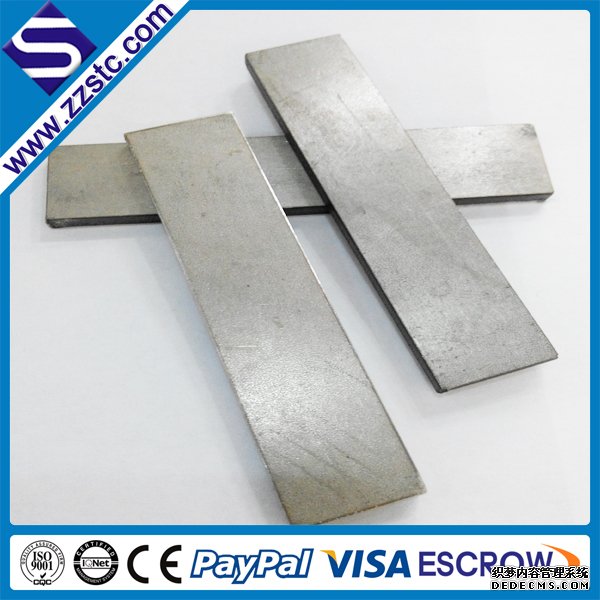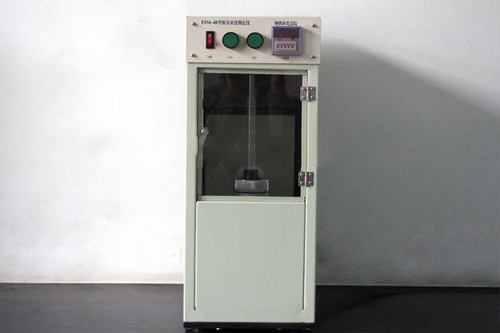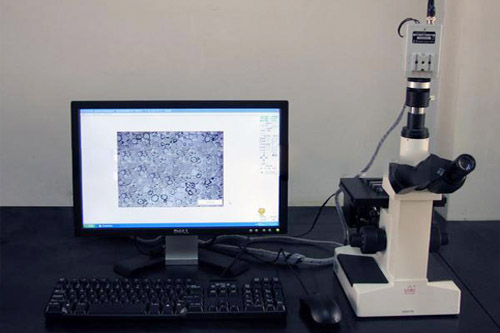The role of titanium plate in seawater purification
The main characteristics of titanium plate for seawater desalination:
1.Small density, high specific strength, the density of titanium metal is 4.51g/cm3, which is higher than that of aluminum and lower than that of steel, copper, nickel, but the specific strength is located in the first in the metal,which is 3 times of stainless steel and 1.3 times of aluminum alloy.
2.Good corrosion resistance, titanium is a very active metal, its equilibrium potential is very low, in the medium, thermodynamic corrosion tendency is high. But in fact, titanium is very stable in many media, for example, in the oxidation, neutral and weak reduction and other media, titanium is corrosion-resistant. This is because titanium has a great affinity to oxygen, in the air or oxygen containing medium, titanium’s surface is easy to generate a layer of dense, strong adhesion, inert large oxide film to protect the titanium substrate from corroding. Even with the mechanical wear and tear, it will soon be self healing or regenerate, which indicates that titanium is a metal with a strong passivated tendency. The temperature of medium is at 315 degrees below, the oxide film of titanium is always kept this characteristic.
3.Heat transfer performance of titanium plate is good, although the coefficient of thermal conductivity is lower than that of carbon steel and copper, due to the excellent corrosion resistance of titanium, the wall thickness can be greatly reduced, and the heat transfer method of surface and steam is drip condensation, which reduces the heat group, titanium surface does not scale, which can reduce the thermal resistance, so that the heat transfer performance of titanium is significantly improved.
4. Good heat resistance
A new type of titanium alloy can be used for a long time at a temperature of 600 degrees Celsius or more.

1.Small density, high specific strength, the density of titanium metal is 4.51g/cm3, which is higher than that of aluminum and lower than that of steel, copper, nickel, but the specific strength is located in the first in the metal,which is 3 times of stainless steel and 1.3 times of aluminum alloy.
2.Good corrosion resistance, titanium is a very active metal, its equilibrium potential is very low, in the medium, thermodynamic corrosion tendency is high. But in fact, titanium is very stable in many media, for example, in the oxidation, neutral and weak reduction and other media, titanium is corrosion-resistant. This is because titanium has a great affinity to oxygen, in the air or oxygen containing medium, titanium’s surface is easy to generate a layer of dense, strong adhesion, inert large oxide film to protect the titanium substrate from corroding. Even with the mechanical wear and tear, it will soon be self healing or regenerate, which indicates that titanium is a metal with a strong passivated tendency. The temperature of medium is at 315 degrees below, the oxide film of titanium is always kept this characteristic.
3.Heat transfer performance of titanium plate is good, although the coefficient of thermal conductivity is lower than that of carbon steel and copper, due to the excellent corrosion resistance of titanium, the wall thickness can be greatly reduced, and the heat transfer method of surface and steam is drip condensation, which reduces the heat group, titanium surface does not scale, which can reduce the thermal resistance, so that the heat transfer performance of titanium is significantly improved.
4. Good heat resistance
A new type of titanium alloy can be used for a long time at a temperature of 600 degrees Celsius or more.











